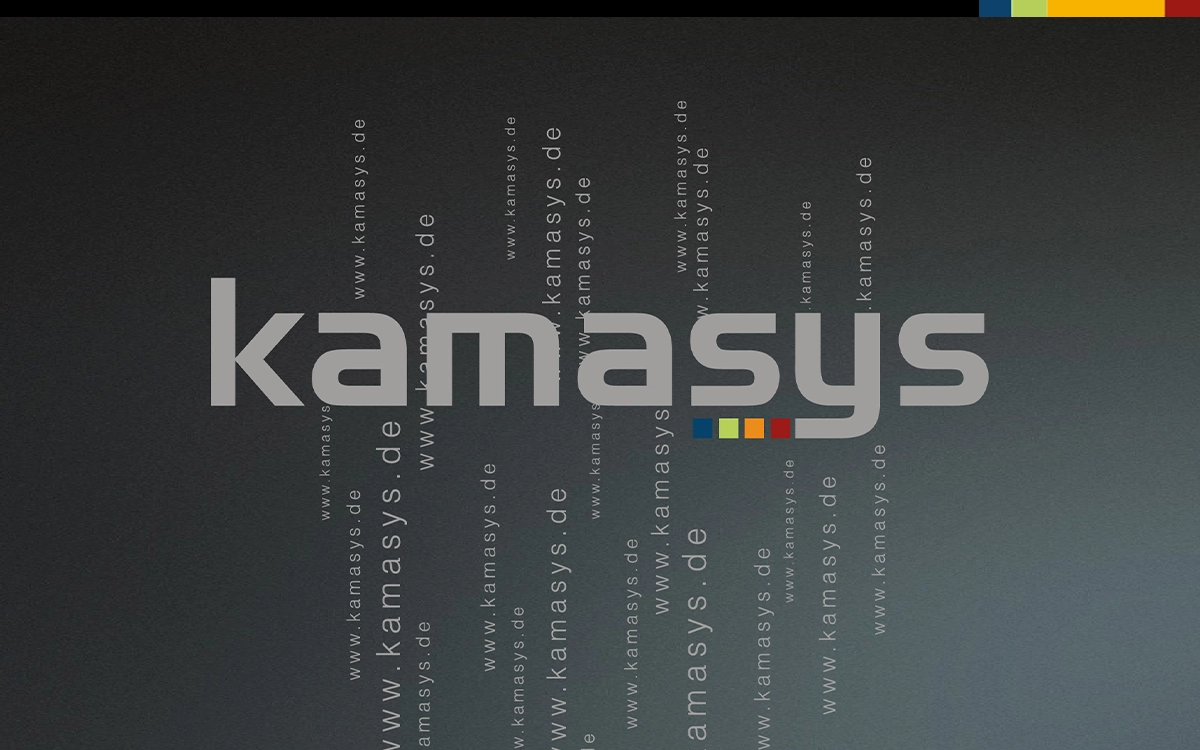Consumers are becoming increasingly aware of environmental issues. Both in the corporate and private environment. This change in consumer behavior is not only leading to a rethinking of production and recycling chains. They are also scrutinizing their own actions with regard to environmental protection more closely. The packaging industry and legislators are reacting accordingly: reusable packaging is being used more and more.
Not least the developments around Corona have accelerated this process: Delivery services have been more widely used and company restaurants have established and expanded take-away concepts. From the point of view of increased use, the sustainable use of resources is indispensable.
Positive balance after only a short period of use
Reusable packaging is - as the name suggests - intended for multiple use after a cleaning process. Often, this packaging can be reused for several years. With regard to the emission of greenhouse gases, they already achieve a positive balance after 10 - 15 uses compared to conventional disposable packaging.
Legal regulations against the flood of waste
A look at the statistics shows how serious the problem is: in 2019, 42% of Germans used a to-go, take-away or bring-it-yourself service at least once a month. In total, more than 18 million tons of packaging waste were generated! Every German is responsible for a total of 227.55 kilograms of waste on average.
In order to cope with the increasing waste problem, several laws have been introduced: An EU-wide ban on disposable plastic cutlery and plates has been in place since July 2021. The same applies to drinking straws, stirring sticks, and food and beverage containers made of expanded polystyrene. From the beginning of this year, all single-use plastic beverage bottles will also be subject to a deposit, and from next year restaurateurs will also be obliged to offer reusable containers as an alternative for out-of-home meals.
Closed-loop systems have established themselves in mass catering
There are various ways of integrating a reusable system into one's own company processes. However, a classic deposit system has not proven to be practicable in mass catering. The biggest hurdle here is that consumers "feel" they have to pay more. Especially for larger orders, customers then dig deeper into their pockets. On the other hand, it has also been shown that if the deposit is too low, packaging is not returned or is returned only very late.
This is why closed-loop systems have become established in company restaurants: Here, a customer account must be created once. A QR code can then be used to link and assign the reusable packaging to the order and the customer. The return is also made via the QR code. Customers only incur costs if the reusable packaging is not returned within a certain period of time.
Compulsory reusability in communal catering
Conclusion: reusable packaging is an indispensable part of company catering
Increasingly, reusable packaging is also being used in company restaurants.
Closed-loop systems in particular have become established in the industry and can also be implemented in a user-friendly manner, for example with vending machines.
By using reusable packaging, company restaurants can not only meet the increased environmental interest of their guests, but also make a decisive contribution to environmental protection. From 2023 at the latest, it will be mandatory to offer reusable packaging as an alternative.


